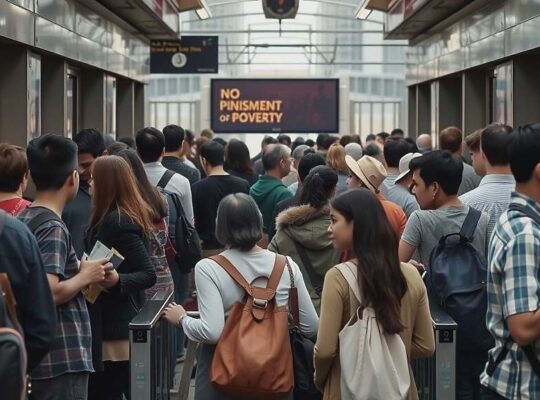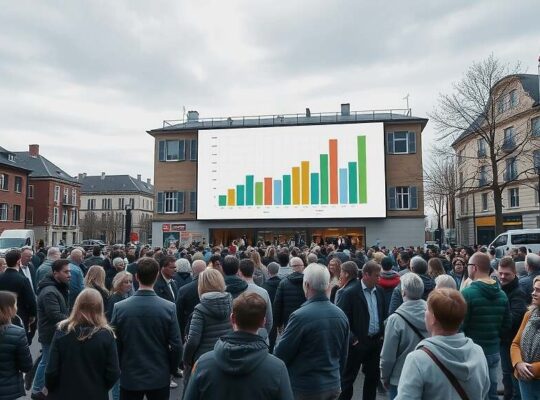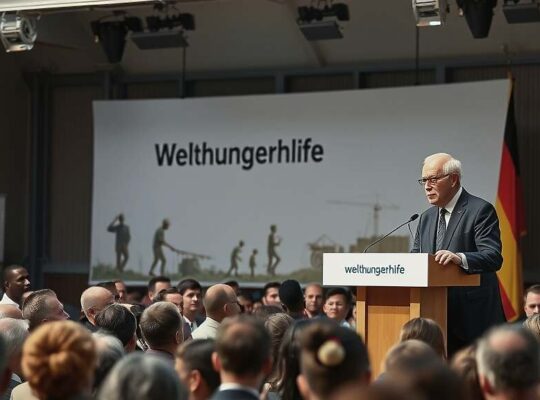The escalating debate surrounding recent comments by CDU leader Friedrich Merz regarding urban environments has ignited a political firestorm, with SPD officials strongly criticizing the tendency to attribute societal anxieties to migration. SPD General Secretary Tim Klüssendorf has cautioned against simplistic explanations for concerns within German city centers, arguing that attributing problems solely to migration is both inaccurate and potentially harmful.
Speaking to Funke-Mediengruppe, Klüssendorf stated that the core issue lies primarily with the behavior of men, regardless of their origin, directly challenging Merz’s implications. He emphasized the need for a measured and fact-based discussion focused on revitalizing city centers and ensuring public safety, rather than resorting to scapegoating.
Klüssendorf expressed displeasure with how Merz initially framed the discussion, acknowledging the existence of legitimate concerns – including vacant storefronts, public littering and a feeling of insecurity, particularly regarding the presence of groups of young men harassing women – but rejecting Merz’s proposed solutions. He directly refuted the suggestion that increased deportations would address either urban decay or improve the quality of life within cities.
Merz’s initial remarks, asserting that reducing refugee numbers was only part of the solution with a lingering “problem in the city landscape” were met with swift condemnation. He defended his position, citing anecdotal evidence gathered through personal inquiries, a tactic criticized for lacking empirical basis. While subsequently attempting to nuance his position with a prepared statement differentiating between long-term residents and those without permanent residency status who do not integrate or adhere to societal norms, the damage to the political discourse has already been done.
The controversy highlights a growing trend within German politics: the utilization of anxieties surrounding urbanization and public safety to subtly advance restrictive immigration policies. Critics argue that these pronouncements, even when framed as attempts to address genuine concerns, risk fueling xenophobia and diverting attention from the complex structural issues contributing to urban challenges, such as inadequate social services, economic disparity and a lack of investment in public infrastructure. The SPD’s rebuttal underscores the crucial need for a more constructive and evidence-based approach to urban policy, one that avoids simplistic generalizations and promotes inclusive solutions.












